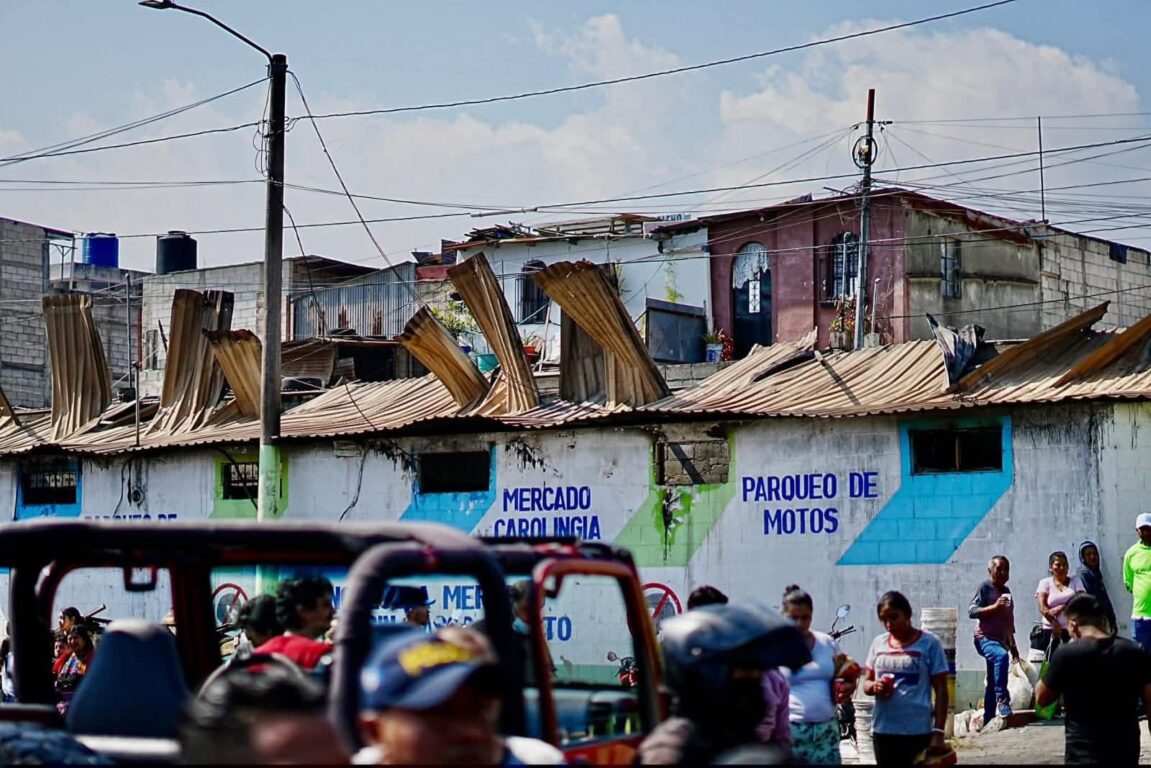29 July 2009
The Press conference, held at Justice Hall, Diakonia Centre, Durban, was addressed by the following WCCA Partners` representatives:
1. Pat Horn, Co-ordinator Street Net International.
2. Veliswa Mqhokwana – Siyazizamela vendors` organisation (representing vendors who were displaced by the Umlazi Mega-City Mall)
3. Sagie Naidoo – Early Morning Market Traders` Association
4. Zodwa Khumalo – South African Self-Employed Women`s Association SASEWA – vendor in the herb market in the Warwick precinct.
5. Desmond Mpofu – COSATU – from SATAWU mandated by Zet Luzipo, COSATU Provincial Secretary.
6. Ali Vaed – Berea Station Traders.
Press Statement by StreetNet International
The global economic crisis has had a major impact on workers in the informal economy. In South Africa the number of workers struggling to eke out livelihoods in various forms of precarious and informal work before the crisis was estimated to be between 30% and 40% of our labour force, and the evidence is that this number is increasing.
Contrary to the myth that these workers are somehow cushioned against the effects of the crisis, informal workers, particularly women, tend to occupy the bottom of the global economy pyramid, with less protection and flexibility than their formal counterparts. Informal firms and wage workers, in times of economic trouble, have no cushion to fall back on and have no option but to keep on operating or working. In addition, as more and more workers crowd into the informal economy, the net result is more and more firms or individuals competing for smaller and smaller slivers of a shrinking pie – and the working poor become poorer and poorer.
Local governments (including the eThekwini municipality) are exacerbating these trends as they respond to the crisis by terminating temporary contracts of precarious workers. They are also evicting informal traders from the public space which constitutes their workplace in misguided attempts to attract infrastructure investment by selling off public assets to private property developers. In South Africa, this has intensified as local governments turn a blind eye to the global jobs crisis in their preparations for the 2010 FIFA World Cup.
In Durban, StreetNet`s partners in the World Class Cities for All (WCCA) campaign, SAMWU and IMATU, are struggling to get the eThekwini municipality to make permanent the jobs of temporary workers – an objective which is in line with the national government`s crisis recovery plan adopted with other NEDLAC partners in February 2009. However the municipality seems not to be concerned about the jobs of precarious workers. StreetNet and other WCCA campaign partners are therefore in full support of the struggles of the municipal workers in SAMWU and IMATU, and street vendor partners in the campaign will be supporting their protest actions during this week.
At the same time we are struggling for the livelihoods of street vendors and informal market vendors in the Warwick precinct, and the whole of the eThekwini Metro, where many informal traders have lost their livelihoods, or their livelihoods are threatened by short-sighted developments plans by the local government and private developers. The eThekwini municipality creates the impression that they live on a different planet from the one the rest of us live on which is in crisis and experiencing an economic recession – talking about informal traders "uplifting themselves" into the formal economy at a time when even the workers in the informal economy are losing their jobs and forced to engage in informal trade for their livelihoods.
This is not only destroying the livelihoods of large numbers of precarious and informal workers – at a time when they cannot find livelihoods in the formal economy – but also having negative effects on the food security of poor consumers by eliminating their access to cheaper basic fresh food and household goods, as traditional market-places (instead of being improved and upgraded) are being replaced by new multinational retail malls.
We appreciate the efforts of the Provincial Task Team put in place by the KwaZulu-Natal Premier to resolve the dispute between the informal traders in the Warwick market precinct and the eThekwini municipality – not only those in the Early Morning Market, but in the whole precinct, who would all be affected if another capitalist mall were to be constructed in the place where they are currently trading. However, the non-co-operation with this process that we have noticed on the part of the eThekwini Municipality is threatening the success of this initiative by the Provincial government.
We urge the national government to bring the eThekwini municipality and other local government authorities into their economic crisis recovery plans as a matter of urgency, and:
(1) encourage them to adopt Local Economic Development strategies promoting retention of employment and existing livelihoods, and promoting innovative local social protection schemes, as their contribution to economic recovery;
(2) sensitise them about the negative long and medium-term consequences of any short-term measure which has the effect of destroying livelihoods, especially of the most vulnerable workers, during the global economic crisis;
(3) urge them to engage in extensive and effective negotiation with the people of Durban with objective of:
- being fully accountable to their civil society constituents;
- improving levels of transparency about development decisions involving public assets;
- engaging the participation of the most vulnerable workers in the solutions at local government level contributing to national economic recovery plans.
We invite the working class communities of Durban, and the general public who have been supporting the struggle of the traders in the Warwick Market precinct, to join the WCCA campaign partners on Friday 31st July in picketing at the Early Morning Market to protest in support of the livelihoods of informal traders and defend all the markets in the Warwick precinct against the proposed demolition to make way for another capitalist retail mall.
Pat Horn
International Co-ordinator
StreetNet International
Tel. 031 307 4038 (StreetNet) 031 201 3528 (home) 076 706 5282 (cell)


